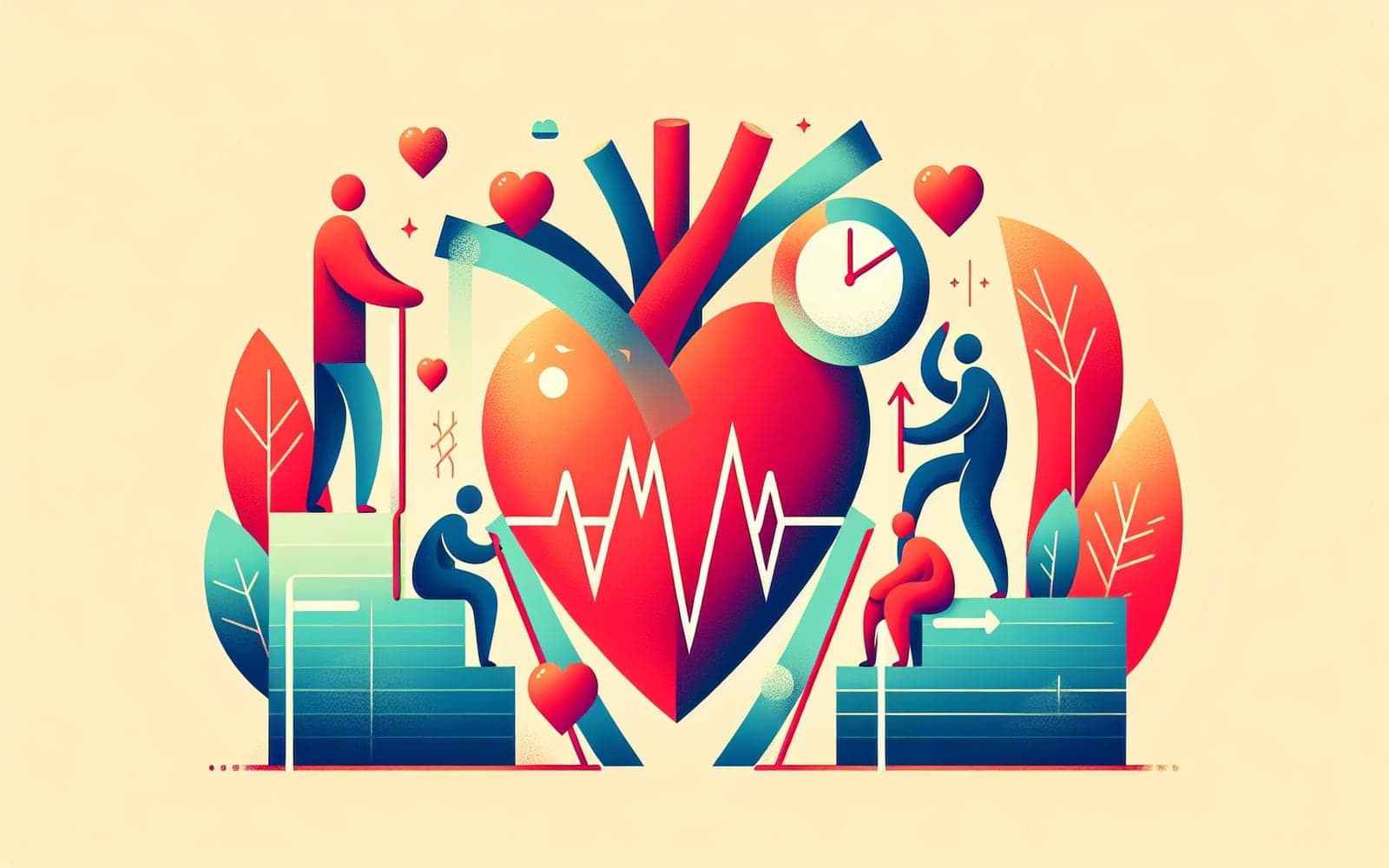Understanding the Risks: What Increases Your Chances of Cardiac Arrest?
Understanding the Risks: What Increases Your Chances of Cardiac Arrest?
The Big Picture
Several factors can increase the likelihood of cardiac arrest. Understanding these risks can help you take preventive steps and reduce your chances of experiencing this life-threatening condition.
Contents
- Major Risk Factors
- Lifestyle and Cardiac Arrest
- Family History and Genetics
Major Risk Factors
Key risk factors for cardiac arrest include heart disease, high blood pressure, and smoking. These conditions can damage the heart over time, increasing the risk of sudden cardiac arrest.
Lifestyle and Cardiac Arrest
Unhealthy lifestyle choices like poor diet, lack of exercise, and excessive alcohol consumption can contribute to heart problems. Adopting a healthier lifestyle can significantly reduce your cardiac arrest risk.

Family History and Genetics
A family history of heart disease may increase your risk of cardiac arrest. Genetic factors can play a role, making it crucial to be aware of your family's health history.
FAQs
What are common risk factors?
Heart disease, high blood pressure, and smoking are common risk factors.
Can lifestyle changes help?
Yes, a healthier lifestyle can reduce the risk of cardiac arrest.
Does family history matter?
Yes, a family history of heart disease can increase your risk.
Key Takeaways
Understanding and mitigating risk factors can help prevent cardiac arrest and improve overall heart health.
Additional References
- Valenzuela TD, Kern KB, Clark LL, et al. Interruptions of chest compressions during emergency medical systems resuscitation. Circulation 2005; 112:1259.
- Perkins GD, Graesner JT, Semeraro F, et al. European Resuscitation Council Guidelines 2021: Executive summary. Resuscitation 2021; 161:1.
This article has been reviewed for accuracy by one of the licensed medical doctors working for Doctronic.











